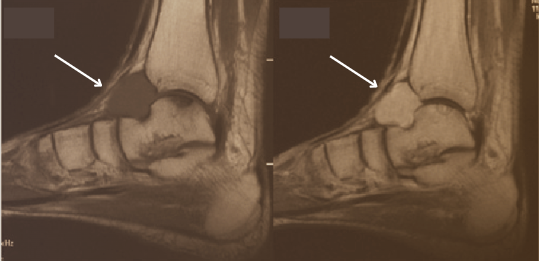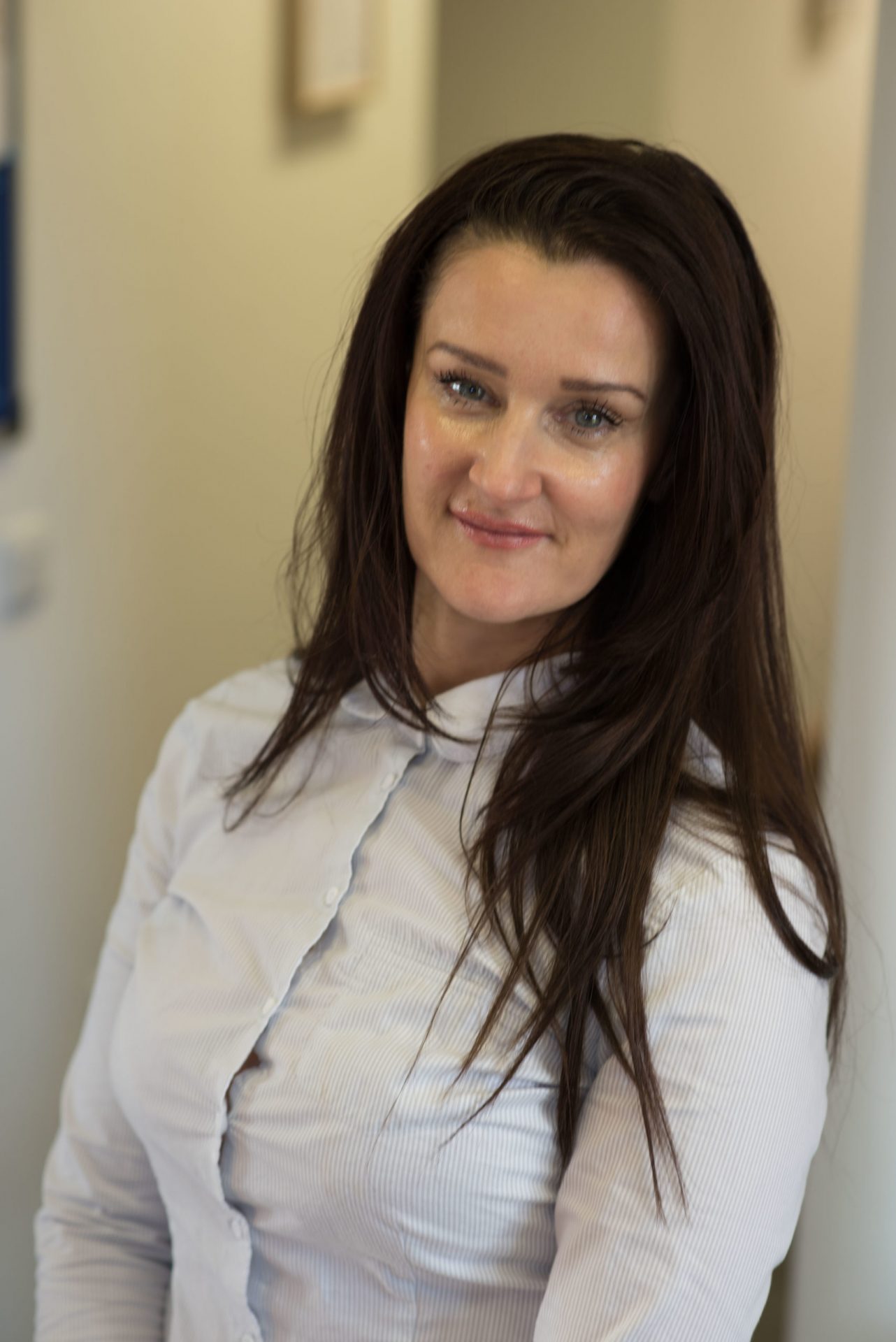Tenosynovial Giant Cell Tumor (TGCT)
Tenosynovial giant cell tumor (TGCT), previously known as pigmented villonodular synovitis (PVNS) or giant cell tumor of the tendon sheath (GCT-TS), is a rare benign tumor that affects the synovium, the lining of joints, tendon sheaths or bursae. Despite being benign, TGCT can behave aggressively and cause damage to nearby structures within joints, leading to pain, swelling and limited mobility.
Types of Tenosynovial Giant Cell Tumor (TGCT)
- Localized TGCT. Affecting a single joint or tendon sheath, typically less aggressive.
- Diffuse TGCT. Spreading across a larger area, potentially involving multiple joints or tendon sheaths. This type is more aggressive and carries a higher risk of recurrence.
Causes and Symptoms
The exact cause of TGCT isn’t fully understood. It’s believed that genetic alterations or mutations might contribute to its development. Common symptoms of TGCT may include:
- Swelling and pain in the affected joint or area.
- Limited range of motion and stiffness.
- Palpable mass or lump near the joint.
- Occasionally, the affected area may show signs of discoloration due to the presence of blood pigments within the tumor.
Diagnosis and Treatment
Diagnosis involves imaging tests such as MRI, X-rays, or ultrasound, along with a biopsy to confirm the presence of TGCT. Treatment options for TGCT may include:
- Surgery. Surgical removal of the tumor is often the primary treatment to completely excise the affected synovial tissue.
- Radiation Therapy. Used in cases where complete surgical removal is challenging or to reduce the risk of recurrence after surgery.
- Medications. In some instances, targeted therapies or medications may be considered, especially for diffuse or recurrent TGCT.
Are you suffering from any foot condition? At The Chelsea Clinic, we can help. One of our podiatrist can assist and then recommend what treatments are best to get you back on track. Podiatrist South Kensington
Book an appointment here or you may call us at +44 (0) 207 101 4000.
We hope you have a feetastic day!
-The Chelsea Clinic and Team




